International
-

Croatia: Towards Further Fragmentation of the Party System
Introduction 2019 European elections in Croatia were held in a…
-
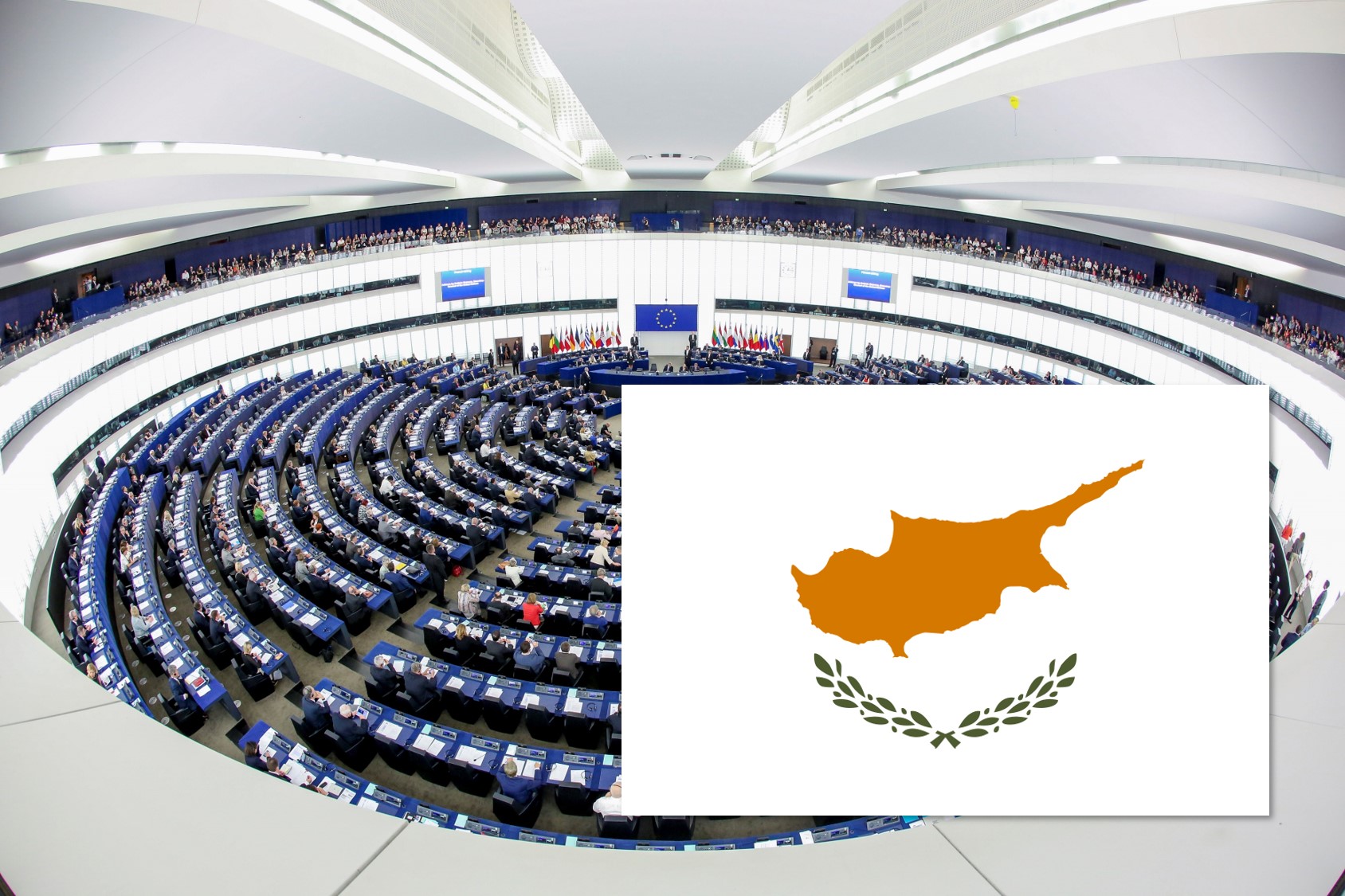
Cyprus: An Election of ‘Soft’ Phenomena – Apathy, Incumbent Punishment and Far-right Consolidation
Introduction The 2019 European election in the Republic of Cyprus came…
-
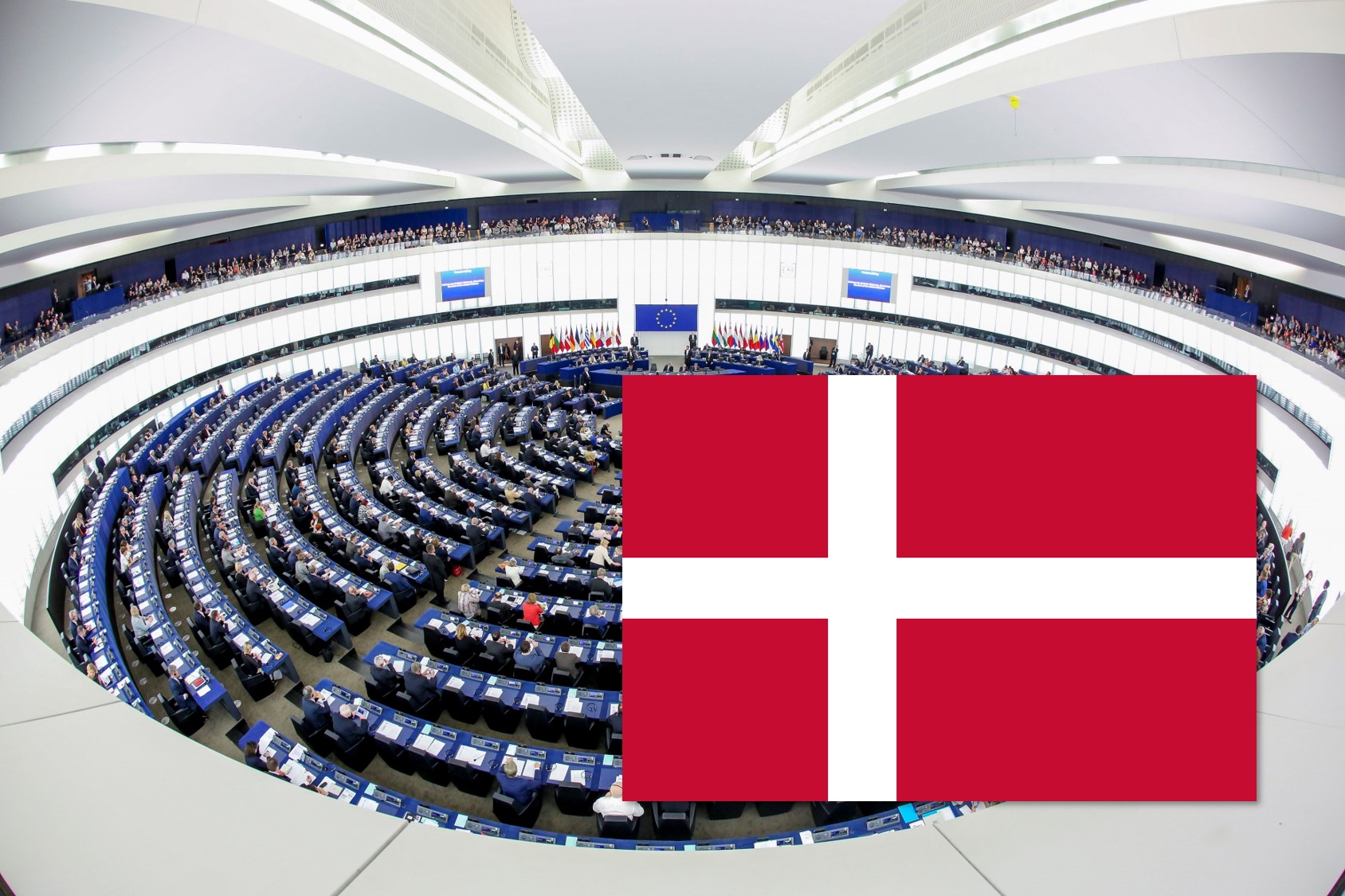
Denmark: The Surprising Success of Pro-European Mainstream Parties
Short summary National Parliament election was called in Denmark early May…
-
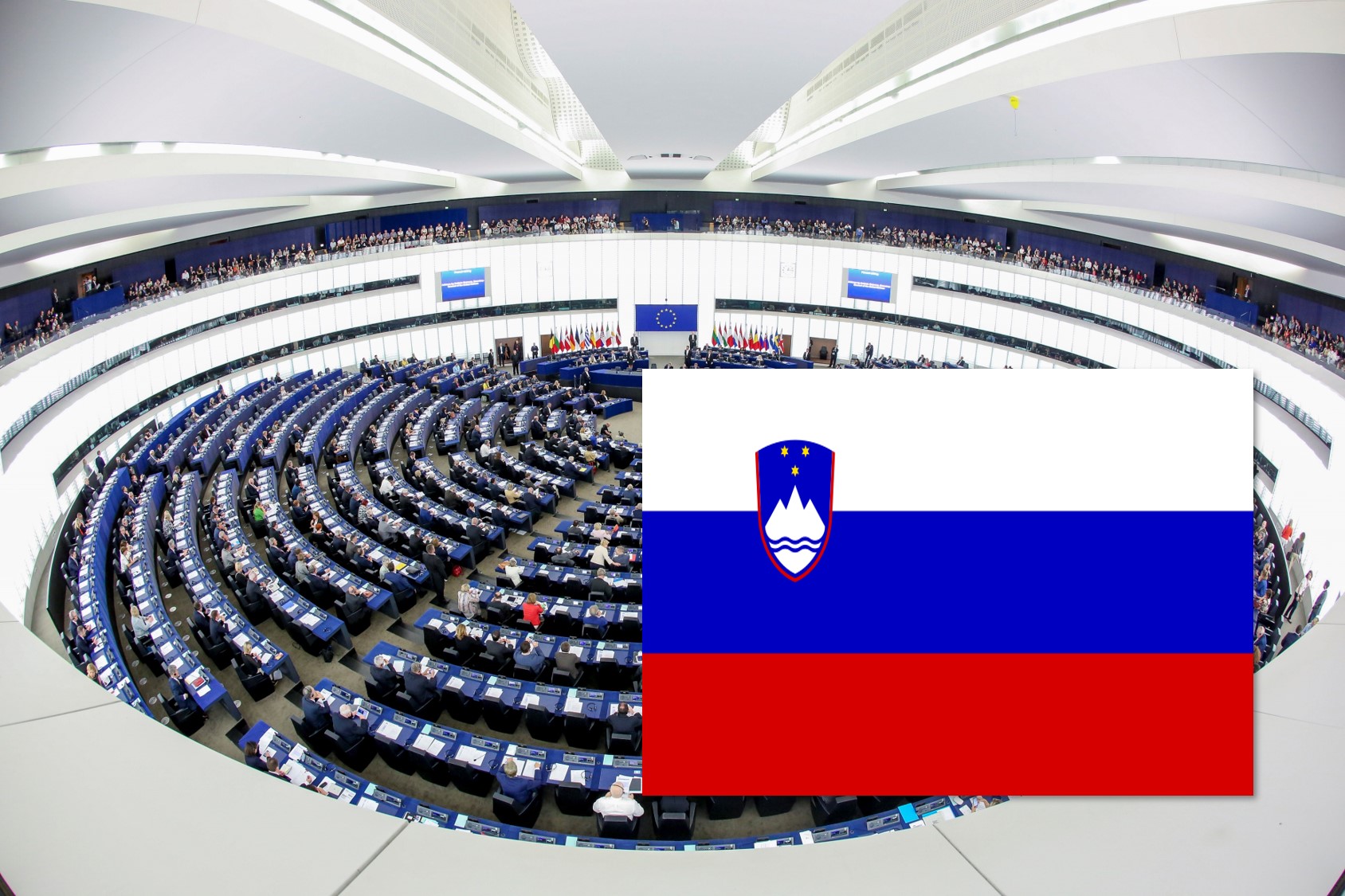
Slovenia: Split National Political Identities in EU Electoral Democracy
The election in Slovenia for eight European Parliament (EP) seats…
-
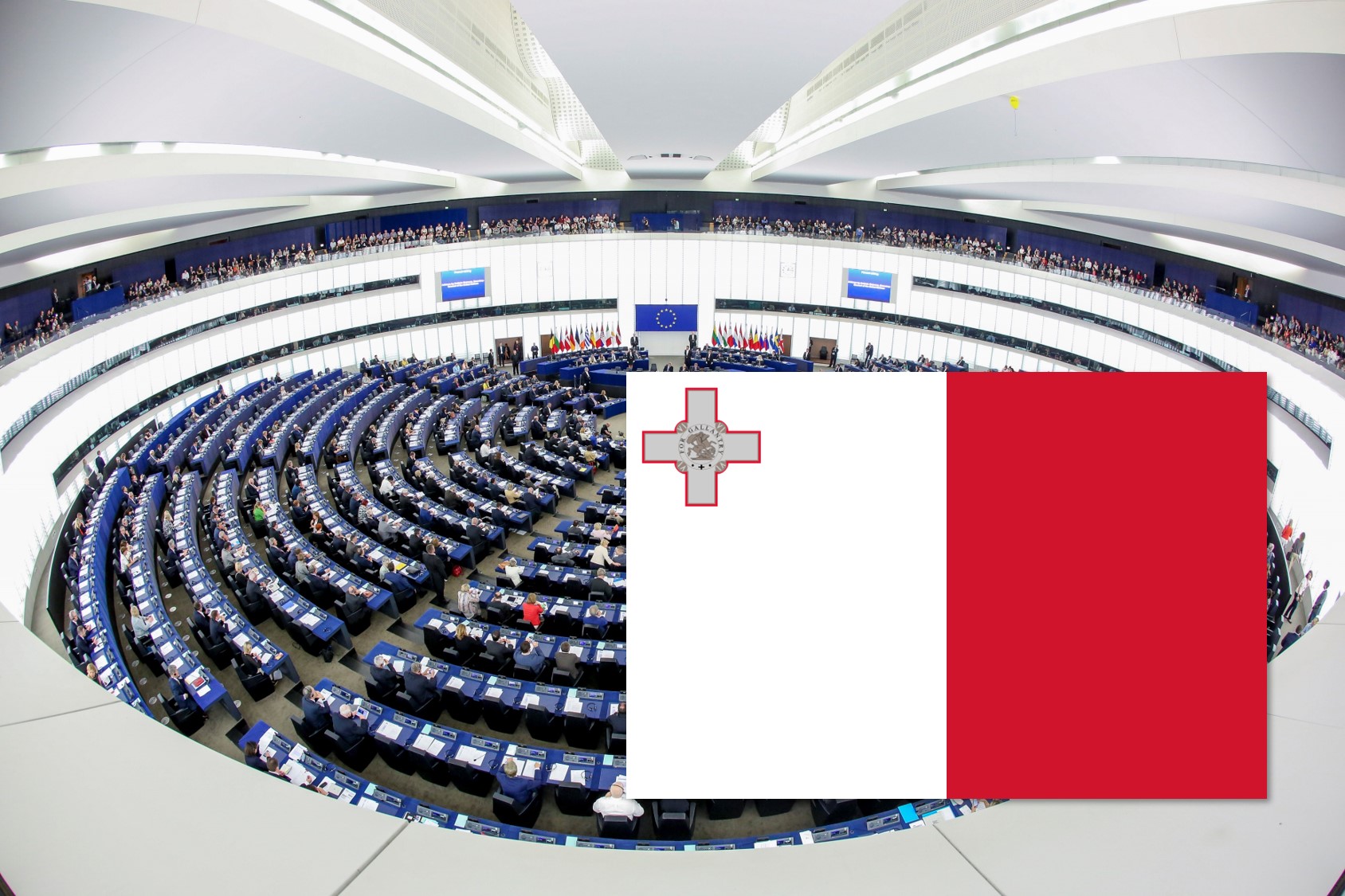
Malta: Unstoppable Labour?
Introduction Contrary to the general European trend, the Maltese Labour…
-
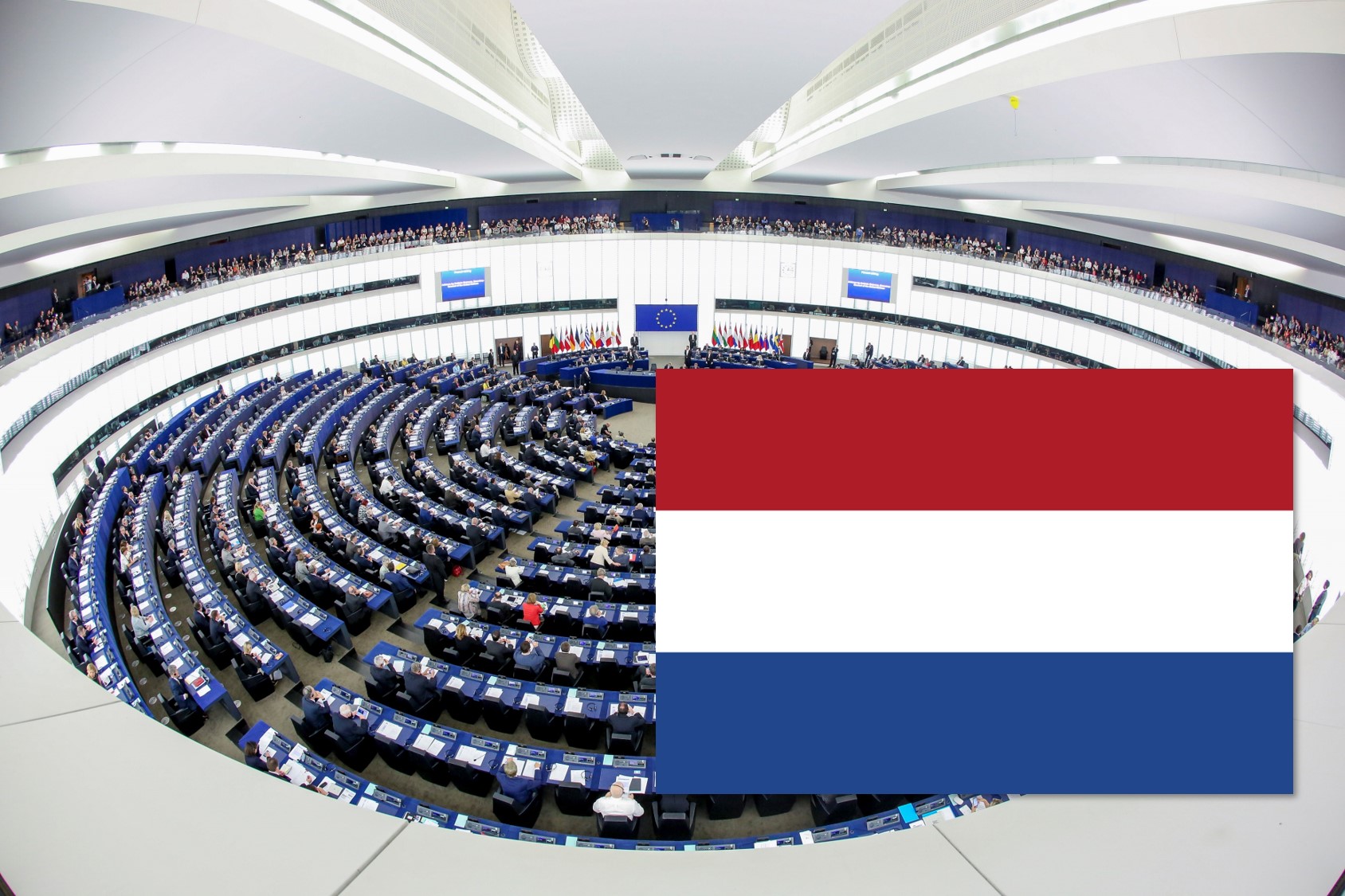
Netherlands: A Timmermans (Spitzenkandidaten) Effect?
Introduction The Netherlands and the United Kingdom were the first…
-
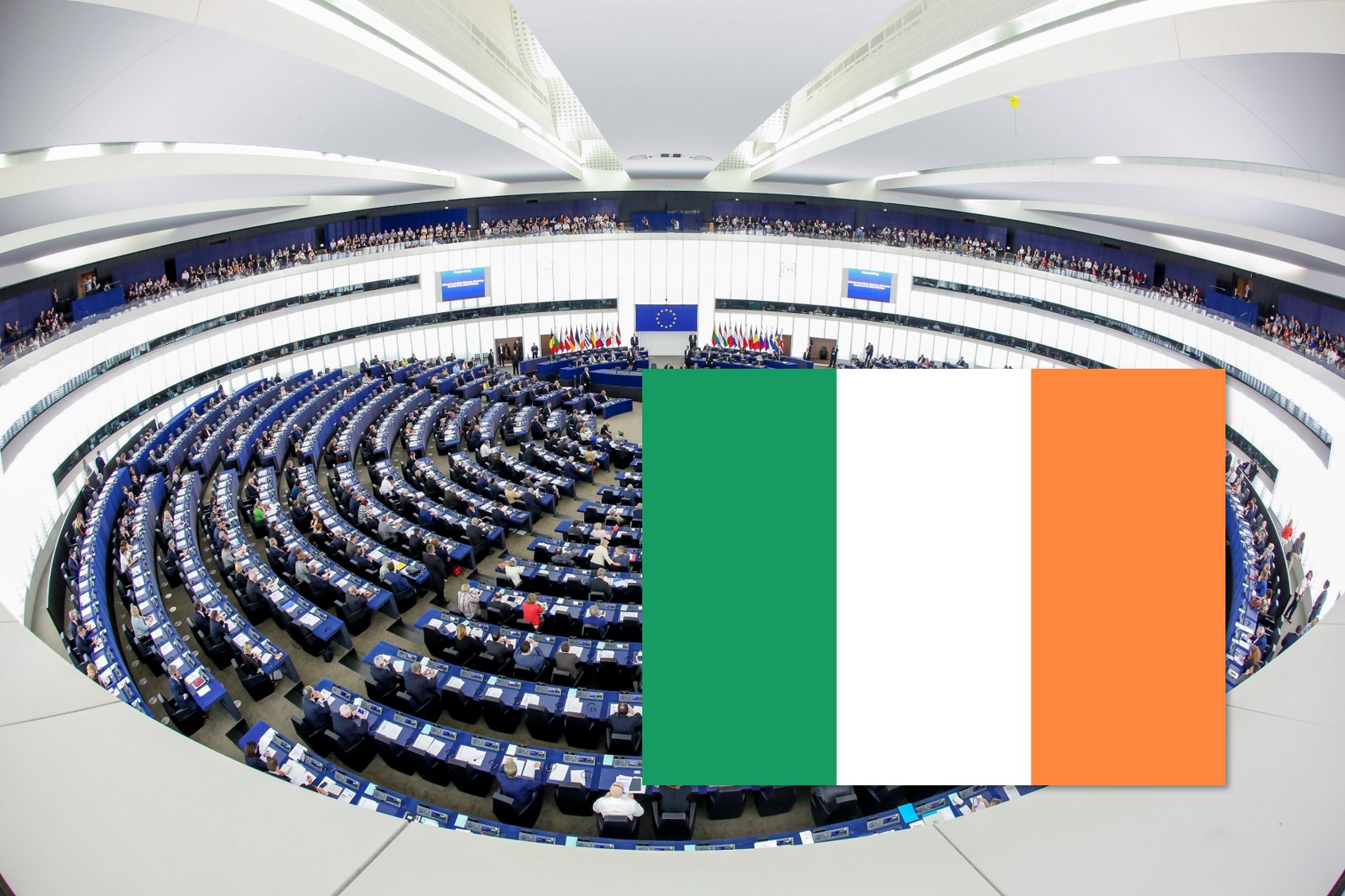
Ireland: Something for Almost Everyone
The 2019 European Parliament election in Ireland was notable in many…
-
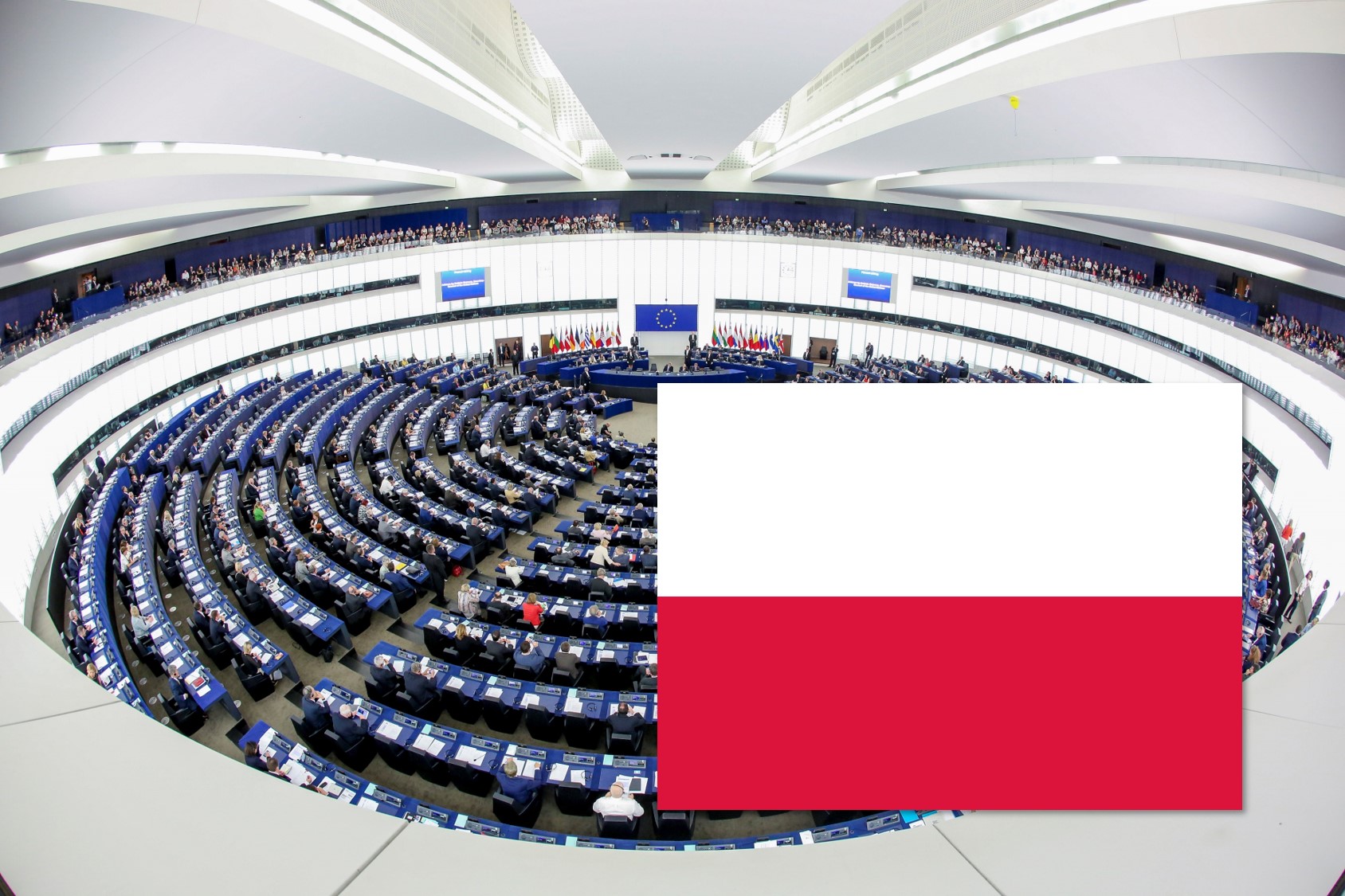
Poland: A Skirmish Before the Decisive Battle
Introduction Elections to the European Parliament (EP) in Poland took…
-
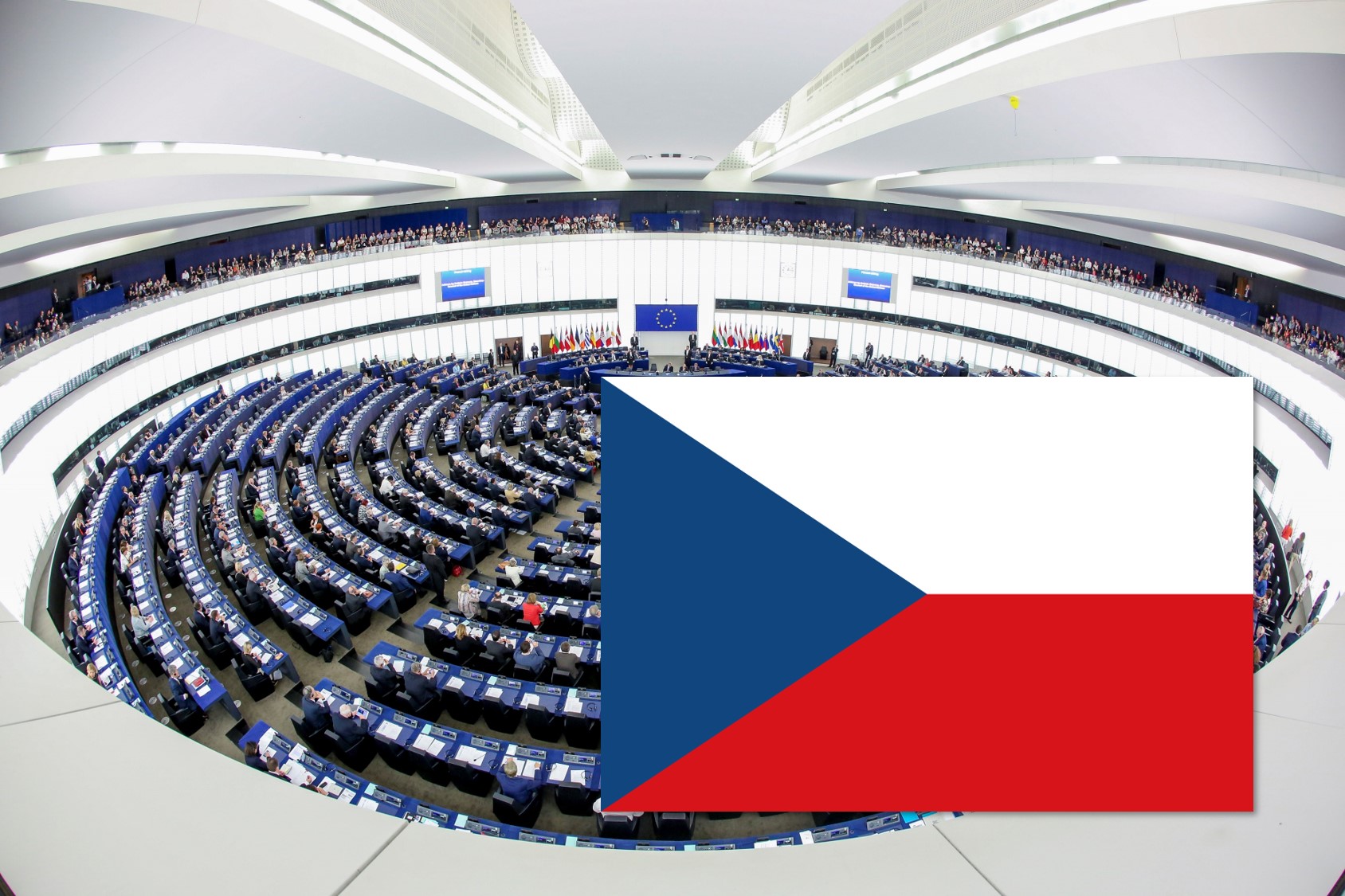
The Czech Republic: No Country for Old Parties
Introduction Three contextual factors are important for understanding the results of…
-
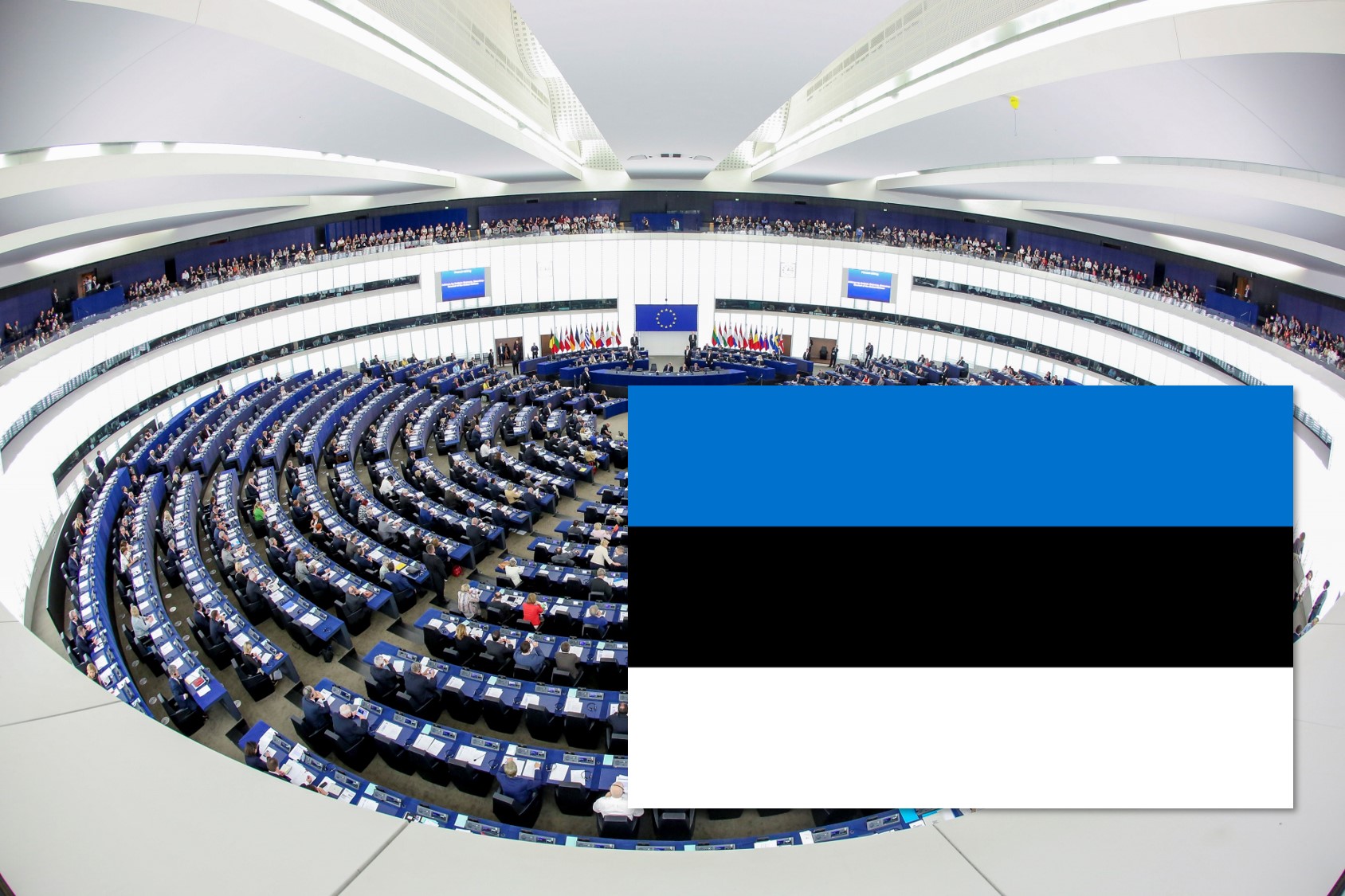
Estonia: A Scene Set by the Preceding National Election
Context 2019 EP elections in Estonia took place amidst a heated…